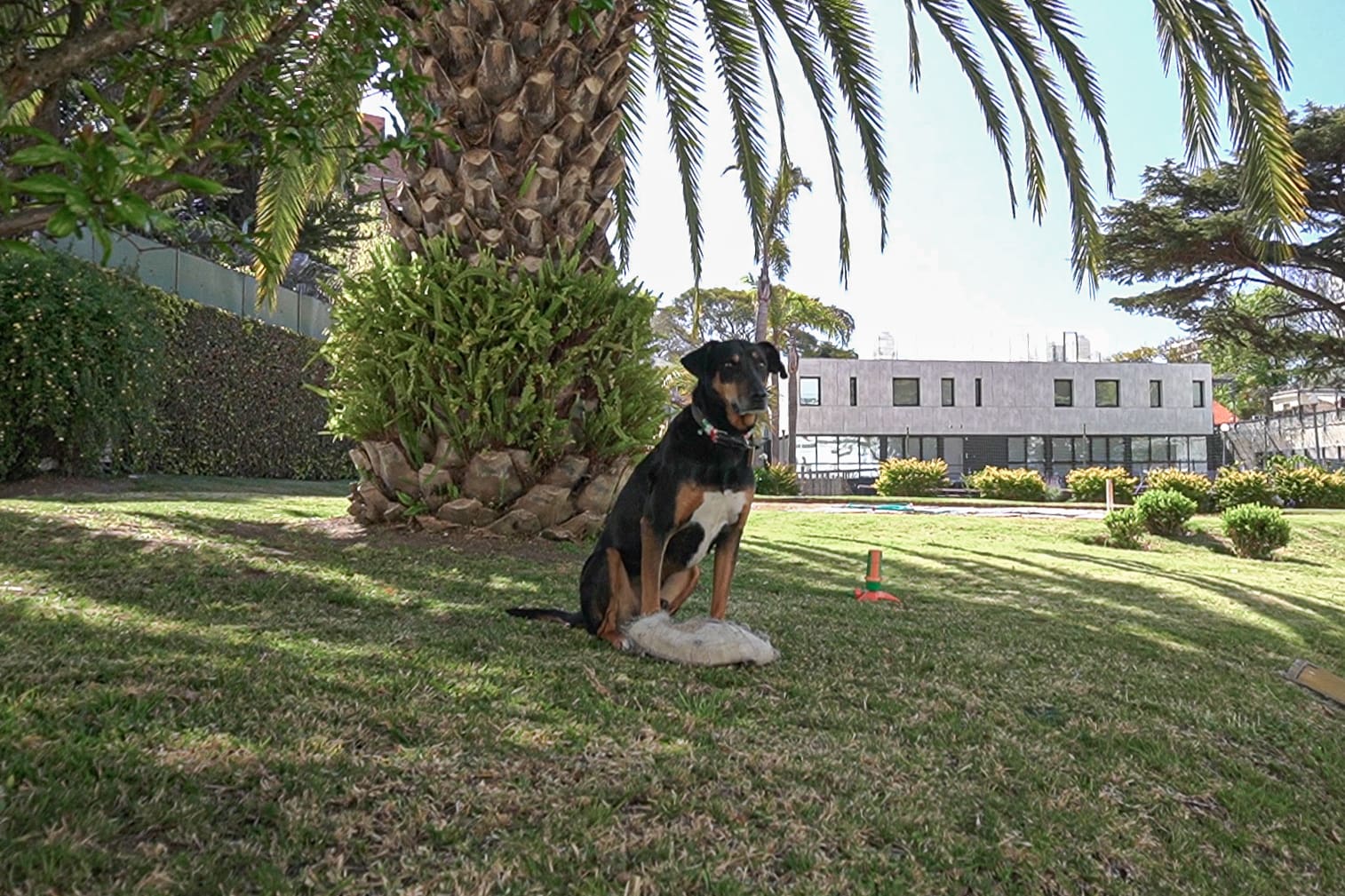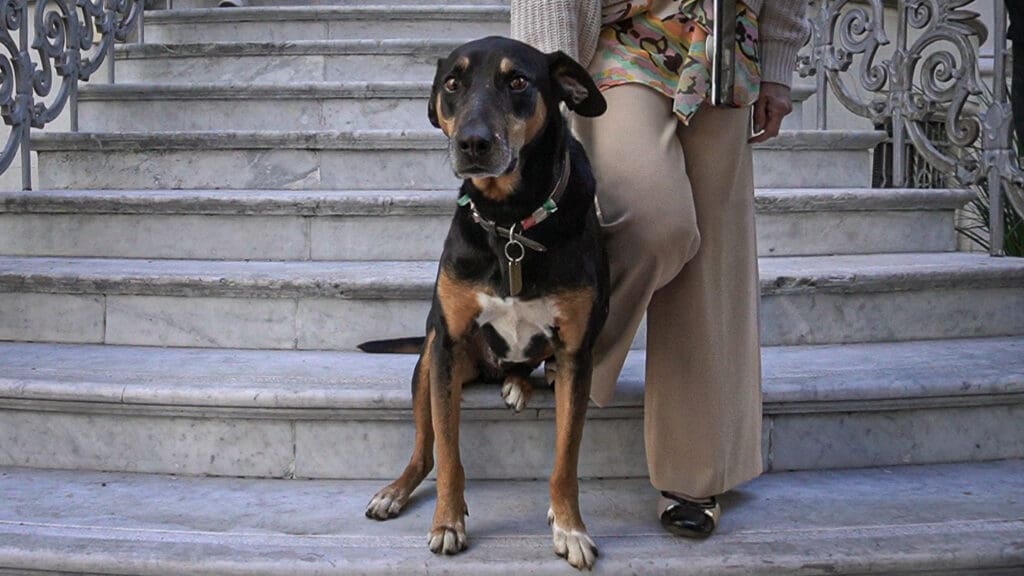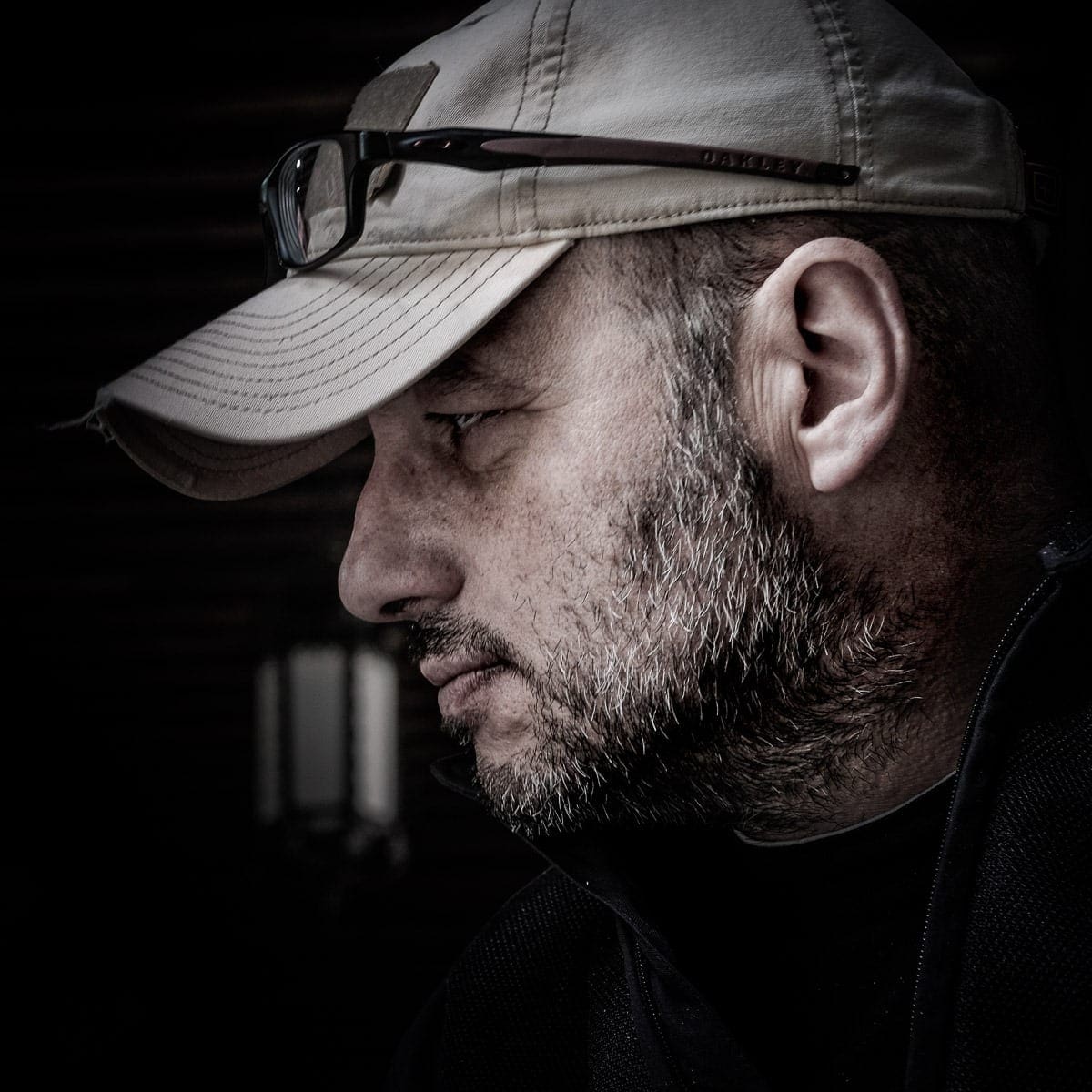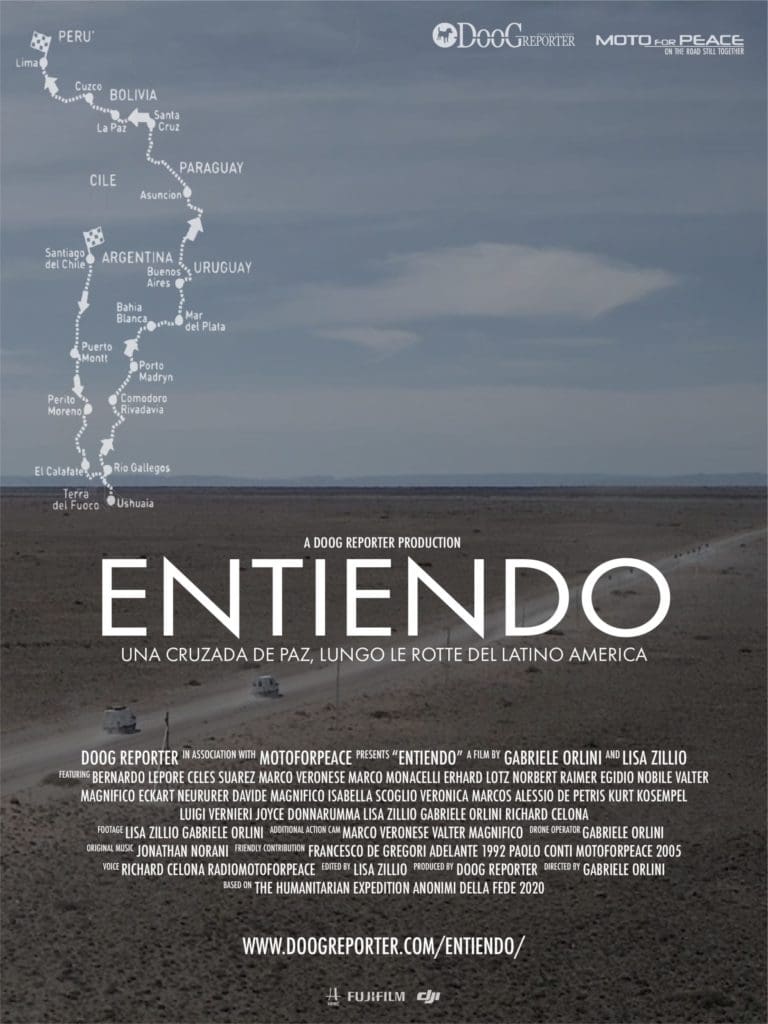MONTEVIDEO – He led a quiet life, full of that primordial “tranquillity” that only the road can give to those who – of the road – had made it their home.
A daily routine of frolicking with small animals in the park and the constant search for something to eat. Rummaging through the bins always full of interesting things that, tourists and vacationers alike, filled in the streets of the city’s grand park: 1,500 hectares of forests, green lawns, barbecue areas, facing the marvellous Rio de La Plata in Montevideo, Uruguay.
He led a quiet life. Not least because he could always count on the shoulder of his master: a homeless man of many hopes and few certainties.
Those two, to see them, were a photograph out of the words of Paul Auster: Willy and Mr. Bones just before the departure of their great adventure, the one worth a lifetime.
To see them together, one could tell that they spoke the same language, that they had found their Timbuktu. Seeing them together, in their daily search for something to put in their stomachs, rummaging through the dumpsters in Roosevelt Park, it was clear that they could still rely on each other even if they had eaten nothing that day. And that was enough to make that life difficult, a life worth consuming. If only to be able to tell the story.
But the day came. Those who live on the street know it well. It is the day of the giant leap. And whether you are ready or not matters little. The day came when his master, tired and overwhelmed by the road, fell asleep one last time, perhaps dreaming of more dialogue with his trusty friend. That morning, Mr. Bones – the dog – was left alone. They were staring at a body that, by now, could no longer respond to their intimate being. Alone. In the big park. With so many dumpsters to check.
He didn’t lose heart, and for what seemed like a long time he kept doing what he knew: chasing the small animals in the park, rolling in the grass in front of the big river, rummaging through the dumpsters.
But for the first time in his life he was alone.
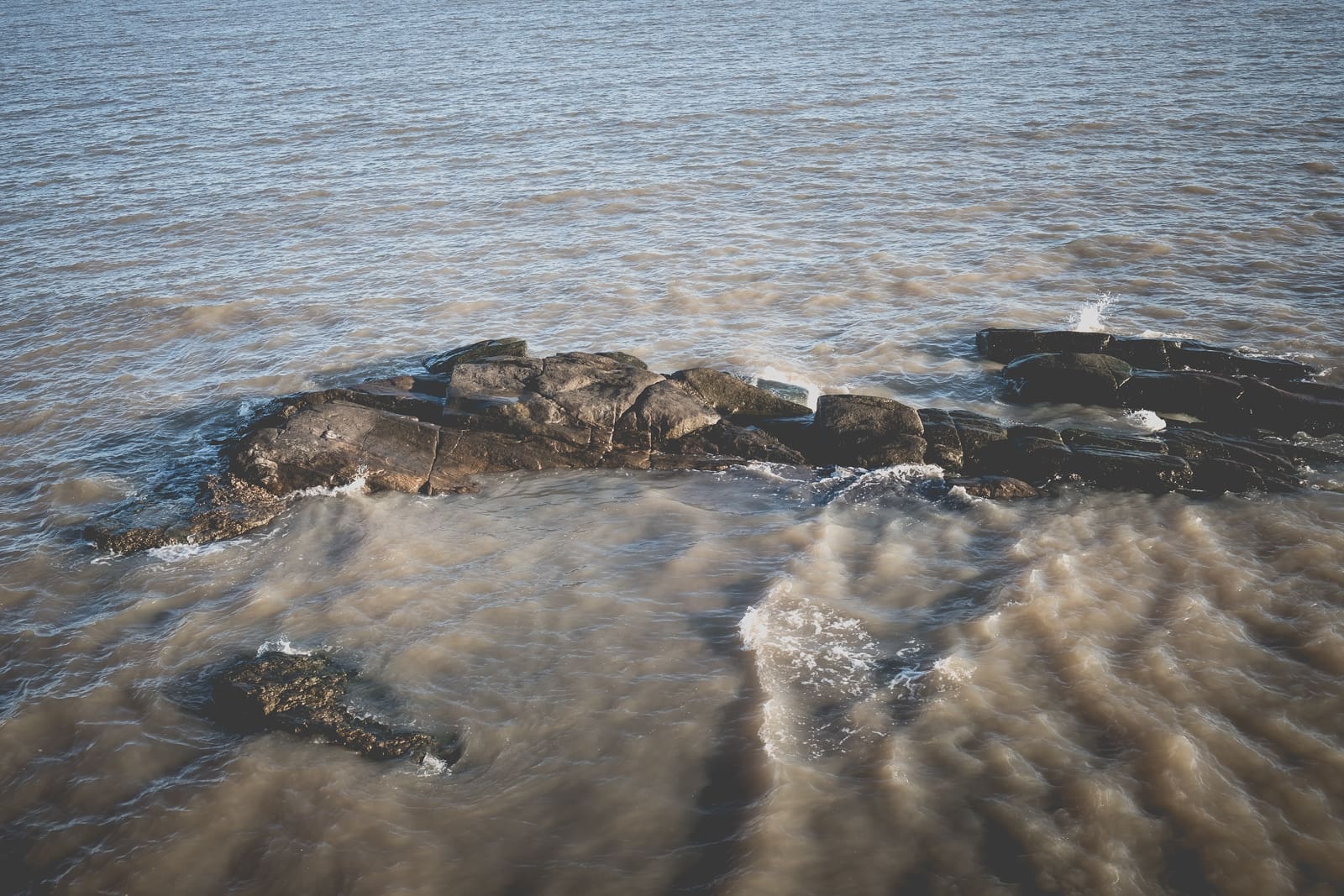
The bad ones
You could see it if you strolled through the great Roosevelt Park in Montevideo. You could meet him and even pet him. He trusted people because in those few years of his life, perhaps four, he could count on the serenity that his master had been able to give him.
He was a good dog, perhaps too much so, to face the road alone even if it was made, in that context, of green meadows facing the great river that becomes an ocean.
And so the men came. They seemed kind and perhaps at first even were kind. And he, the dog, trusted them because he was still unaware that not all men were like his master.
And there came the men who took him away, away from the great park that had been – all along – his only home and his way.
They put a leash on him and – perhaps – for a moment, thinking it was a gift he even found himself wagging his tail.
Unaware that those men – and that leash – were changing in a single instant all the life he had hitherto known.
And there were no more little animals in the woods, no more grass to roll on, no more dumpsters to check.
There was a cage. It’s not too wide and still much narrower than his street. There were other dogs, like him, unsuspecting, frightened, but-unlike what he knew them to be-angry and snarling.
There was an arena. There were many men around who, with great noise and shouting, incited him to do the one thing he could not do: fight. Biting. Biting, to survive. Until then, survival for him had meant a full dumpster. Now blood was a taste he had come to know.
Now, on that handsome, cheerful, black-haired dog as black as night, the signs of fighting were evident. Those big and small scars of those who, life, had to bite it for real.
The good ones
But men came, the good ones. He, however, had forgotten what they looked like. And he ran away. Far. He returned to his street, to the large park facing the great river that became an ocean and had seen him grow up. To his beloved dumpsters. And every time you tried to approach him, he would leave. Far. Only to return, but always remaining distant.
Good men, however, have one thing that others do not possess: patience. He would run away. And they were waiting for him. And one day, he let himself be approached.
It was a big step for him. He wanted to give trust, and in return he received a new life.
No more dumpsters to rummage through but a bowl full of the right things for him. No longer the road to greet him but a warm, dry kennel. Discovering the joy of a game to own and destroy, and persuasive, loving voices in educating him.
Life, which had birthed and raised him in Parque Roosevelt, now welcomed him clean and fragrant in the residence of the Italian Ambassador in Montevideo.
Free to walk the halls of the palace, with always open access to the kitchen and with a plane ticket ready for his big trip: his big leap.
After – 5 years perhaps – the dumpster-robbing dog found a family.
And to remember where he came from and tell him where he is now, his name is Roosevelt Iannuzzi.
